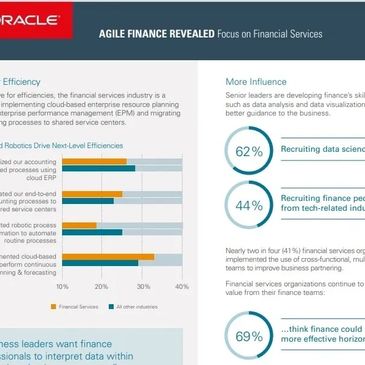Lenny Liebmann

Unmatched experience
Unmatched experience
Unmatched experience
I wrote my first line of code in 1973.
I was at Bell Labs in the earliest days of the internet and mobile telecom.
I was a journalist for top tech titles during the pre-2000 boom years.
I spent the next 20 years face-to-face with technology buyers and users in finance, healthcare, insurance, retail, manufacturing, education, & utilities.
So I've seen a lot and know a lot.

High-impact writing
Unmatched experience
Unmatched experience
The content I craft helped my clients achieve multibillion-dollar exits,
win approval from market analysts,
boost their social buzz,
and get ink in major media.
Most importantly, I write what
today's B2B buyers want to read:
crisp copy in bite-sized pieces
that clearly conveys a short list
of clear, compelling ideas.
Live and in-person
Unmatched experience
Live and in-person
I don't just hide behind a desk.
My work has also landed me onstage
presenting conference keynotes,
emceeing major corporate events,
leading executive roundtables
across the US and overseas,
doing live on-camera interviews,
and moderating online events.
Easy engagement
Unmatched experience
Live and in-person
My engagement model lets you use
my time and talent on-demand
at reasonable cost
with no undue commitment.
You simply buy blocks of hours
and use them as you need them.
It's easier, less expensive, and
more flexible than either a retainer
or per-project pricing.
Plus it promotes the continuous,
free-flowing collaboration you want from a true teammate.
DataOps
While working on a Big Data project for IBM, I observed a disconnect between data analytics teams and the technicians tasked with provisioning the infrastructure necessary to execute what those teams required.
The blog I wrote suggesting closer collaboration between those two groups is now cited on Wikipedia as the initial coinage of "DataOps."
I continue to write, advise, and present on this topic — most recently
as the keynote speaker at DataOps Shanghai in China.
Explore further

Client successes
Experience and expertise
Journalist, editor, and columnist
This website uses cookies.
We use cookies to analyze website traffic and optimize your website experience. By accepting our use of cookies, your data will be aggregated with all other user data.
